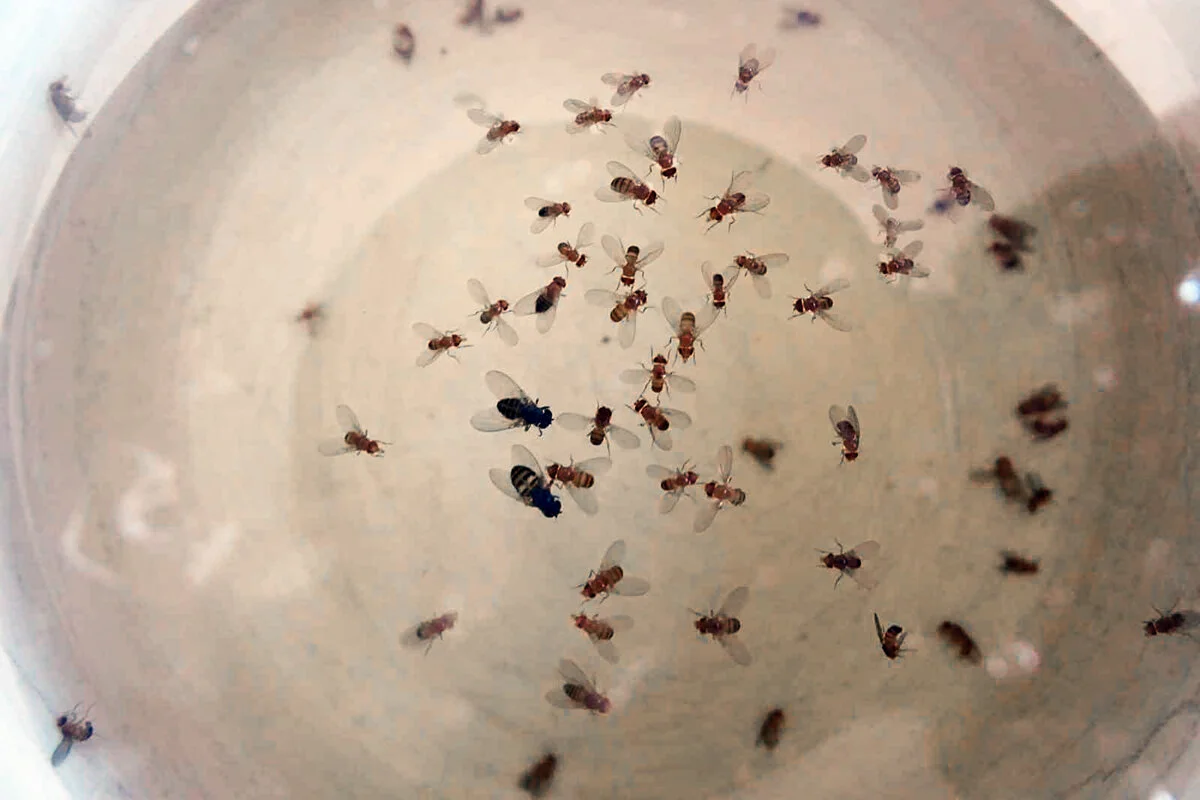Is it Safe to Drink Boiling Water?
Aqua-Life • Blog
Water can be contaminated in several ways. It can contain microorganisms like bacteria and parasites that get in the water from human or animal fecal matter. It can contain chemicals from industrial waste or from spraying crops. Nitrates used in fertilizers can enter the water with runoff from the land. Various minerals such as lead or mercury can enter the water supply, sometimes from natural deposits underground, or more often from improper disposal of pollutants. Lead can leach into drinking water through old lead pipes.
It is believed if you don’t have safe bottled water, you should boil your tap water to kill disease-causing organisms, including viruses, bacteria, and parasites in order to make it safe to drink. While it may kill salmonella and E. coli…is it really safe?
Imagine a fly landed in your glass of water.
And let’s use the analogy that the fly in this story represents “bacteria”.
You can boil the fly and it will die, yes. But…the fly doesn’t evaporate. It is still present in the water.
The bacteria residue is still in the water. It’s dead, but still in the water.
Do you drink it?
Many people don’t have their own 0.5 micron filters at home to remove the invisible sediment. Municipal water treatment plants admit that yes, while heavy metals such as lead or potentially harmful toxins like chlorine might remain, the concentrations are practically negligible.
Are you going to take on a chance on practically?
Clostridium bacteria can survive in boiling water even at 100˚C, which is its boiling point for several minutes. This is because its spores can withstand temperatures of 100˚C. The Clostridium botulinum bacteria are among the hyperthermophiles. A hyperthermophile is an organism that thrives in very hot environments of 60˚C. After the water is boiled and its temperature goes to below 130˚C, the spores germinate and start to grow, increase and produce toxins. Once they have germinated, bacteria multiply rapidly at room temperatures after every 90 minutes and at body temperature every 15 minutes. One germinated spore will convert to 1,000 bacteria in very few hours, and a billion in a few days.
Health Effects of Drinking Contaminated Water
How contaminated water effects your health depends on the type of contaminants.
For example:
Cryptosporidium is a pathogen that sometimes gets into water supplies. It can cause a gastrointestinal disease that could be fatal.
Nitrates can contaminate water and pose an immediate threat to infants. In the intestines, nitrates are converted to nitrites, which prevent blood from transporting oxygen. An enzyme present in the system of older children restores the blood’s ability to carry oxygen.
Lead can cause both physical and mental developmental problems in infants and children. Adults who have been drinking lead-tainted water for a number of years can experience kidney problems and high blood pressure.
Does boiling contaminated water make it safe to drink? It depends on the contaminant.
Boiling water can kill germs, but things like lead, nitrates, and pesticides aren't affected. And since boiling reduces the volume of water, it increases the concentration of those contaminants.
Reference: hometuff.com; webmd.com

